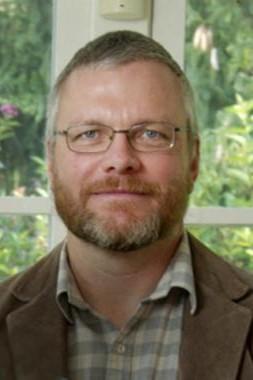
Associate Professor, Animal Biosciences
Graduate Faculty
Livestock genetic improvement; swine and aquaculture species
Website:





Associate Professor, Animal Biosciences
Graduate Faculty
Livestock genetic improvement; swine and aquaculture species
Website:

Professor, Animal Biosciences
Graduate Faculty
Website:
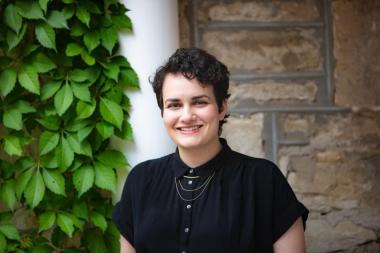
Associate Professor, Molecular and Cellular Biology
Graduate Faculty
Fungal genetics; functional genomics; antimicrobial drug resistance
Website:

Assistant Professor, Mathematics & Statistics
Graduate Faculty
Clustering of biomarkers, spatio-temporal infectious disease modelling, time series forecasting, Bayesian statistics, Bayesian networks
Website:
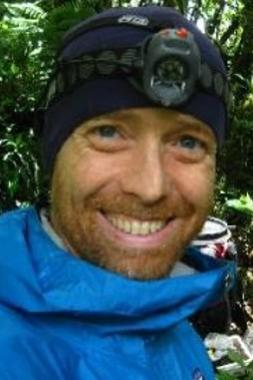
Associate Professor, Integrative Biology
Graduate Faculty
Insect ecology; biodiversity; phylogenetics
Website:
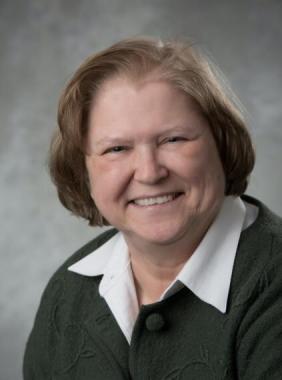
Professor Emeritus/Emerita, School of Computer Science
Graduate Faculty
Ontology development and evaluation; knowledge engineering of biomedical/agricultural/One Health informatics systems
Website:
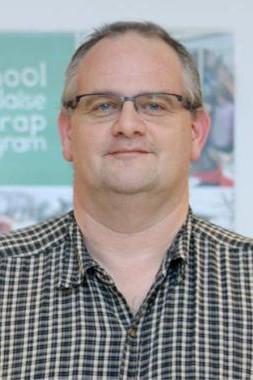
Adjunct Professor, Integrative Biology
Graduate Faculty
Mitonuclear coevolution; genomics; niche differentiation
Website:

Associate Professor, Plant Agriculture
Graduate Faculty
Biophysical remote sensing; energy and sustainability; agronomy; machine learning; GIS techniques; unmanned aerial systems
Website:

Assistant Professor, Pathobiology
Graduate Faculty
Avian virology; diseases of poultry and pet birds
Website:

Assistant Professor, Computer Science
Graduate Faculty
Artificial intelligence; AI for health; health informatics; predictive analytics
Website: